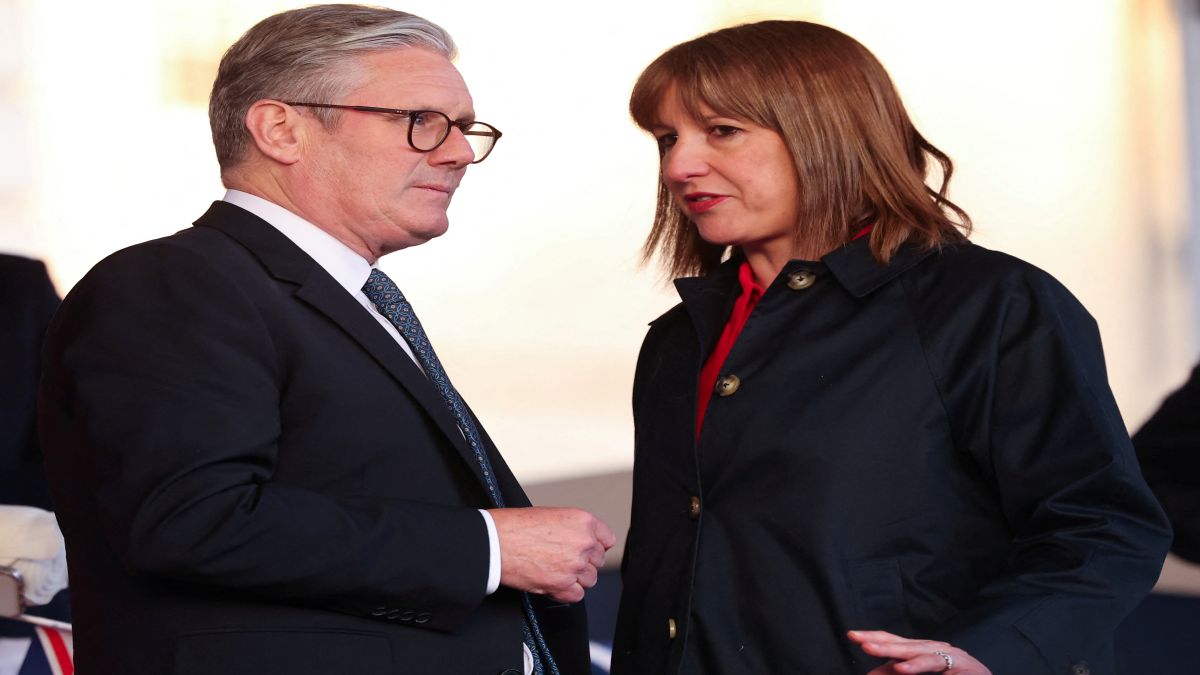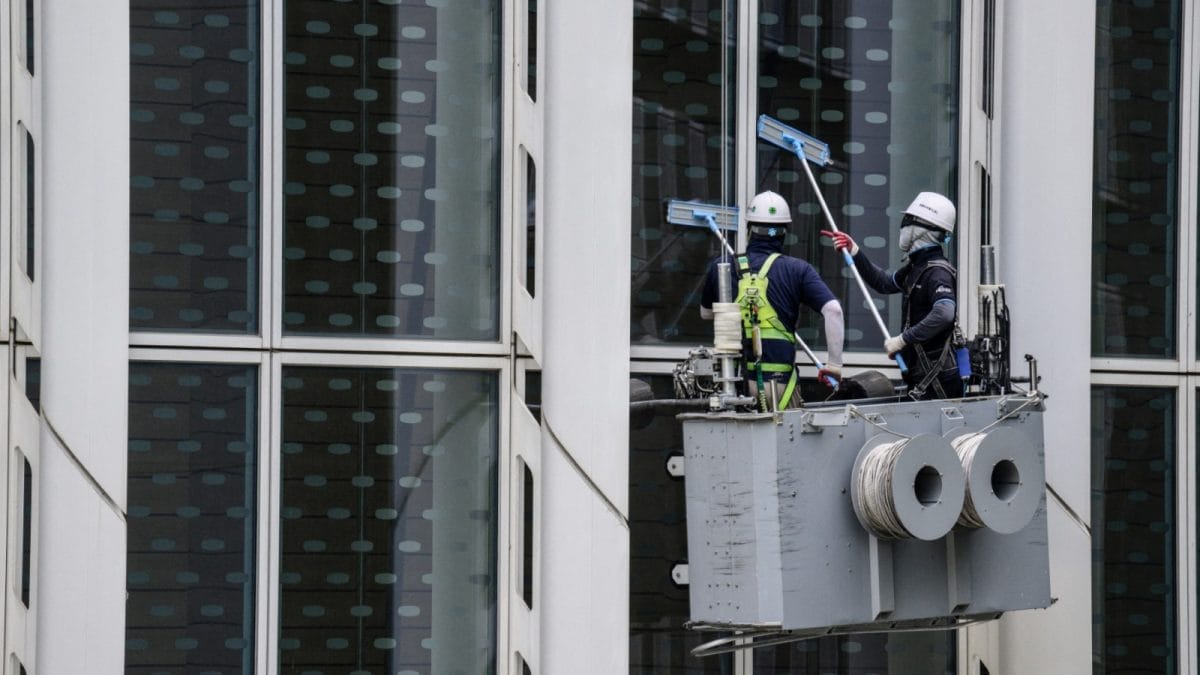With prices still high, inflation proving stubborn, and household budgets under intense strain, all eyes are now on the government’s first full economic plan — set to be unveiled on November 26
Chancellor Rachel Reeves has just 84 days to deliver a Budget that tackles what is fast becoming Prime Minister Keir Starmer’s greatest political challenge: the UK’s soaring cost of living.
With prices still high, inflation proving stubborn, and household budgets under intense strain, all eyes are now on the government’s first full economic plan — set to be unveiled on November 26.
Announcing the date, Reeves confirmed that the Office for Budget Responsibility (OBR) has been instructed to begin its 10-week forecasting process — a move that starts the countdown toward what is expected to be a tax-raising, reform-focused fiscal statement, reported BBC.
The backdrop is stark. Inflation remains persistently above the Bank of England’s 2% target, while interest rates have pushed up borrowing costs for both households and the government.
According to BBC, economists have warned that Reeves must find a way to either raise taxes or cut spending to meet her self-imposed fiscal rules. Meanwhile, long-term government borrowing costs have surged to their highest levels since 1998, eating into the already slim £10bn financial buffer she inherited.
Reeves acknowledged the gravity of the situation. “Do I accept that we need to do more to turn the economy around so that working people have the tools and the training and the opportunities to fulfil their potential? Absolutely we do,” BBC quoted her as saying.
She insisted that the upcoming Budget would focus on “investment and reform”, with a view to ensuring that working people across the country are “better off.”
However, the chancellor also faces a tight political bind. Labour has pledged not to raise income tax, National Insurance or VAT — effectively limiting her options for generating new revenue. Last year, her decision to raise employer National Insurance contributions triggered backlash from key sectors like hospitality and small business groups.
Now, speculation is mounting over where Reeves will turn next — with potential measures including a windfall tax on bank profits, reforms to property taxation, or an overhaul of the outdated council tax system.
Her challenge is not just financial — it’s also reputational. Financial markets, rattled in recent weeks by uncertainty around Labour’s economic plans, will closely scrutinise the OBR’s assessment. A misstep could undermine the very stability Labour has promised to restore.
The political opposition is already sharpening its attack. Speaking during Prime Minister’s Questions, Conservative leader Kemi Badenoch accused Starmer of failing to control spending, claiming the recent spike in borrowing costs was a direct result of Labour’s “bad choices.”
“Markets can see that he is too weak to control spending,” she said.
Starmer hit back, blaming the Conservatives for “blowing up the finances” during their time in government, adding:
“You don’t give the arsonists the keys to rebuild the house.”
With inputs from agencies
End of Article

)

